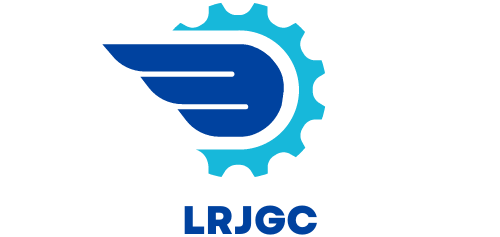In the fast-paced world of project management, understanding the core project management knowledge areas can make the difference between success and failure. These knowledge areas serve as the foundation for effective project planning, execution, and completion
From scope management to stakeholder engagement, each knowledge area addresses a critical component of project management. Mastering these areas allows project managers to navigate complex projects with confidence, delivering results on time and within budget. Whether you’re a seasoned professional or just starting out, a solid grasp of these project management knowledge areas is essential for driving project success.
Project Management Knowledge Areas
Project Integration/Scope Management
 Project management knowledge areas cover essential competencies for managing projects effectively. Each area represents a core aspect of project management, providing a framework for planning, executing, and completing projects.
Project management knowledge areas cover essential competencies for managing projects effectively. Each area represents a core aspect of project management, providing a framework for planning, executing, and completing projects.
Integration management ensures that project processes work together seamlessly. This involves developing project charters, plans, and ensuring smooth project execution and control.
Scope management focuses on defining and controlling what is included in the project. It helps to ensure that all required work is completed while avoiding unnecessary work.
Project Schedule Management
Schedule management involves planning and controlling the project timeline. Techniques include creating schedules, defining tasks, and monitoring progress.
Project Cost Management
Cost management ensures the project stays within budget. Key activities include estimating costs, setting budgets, and managing expenditures.
Project Quality Management
Quality management aims to meet project requirements and satisfy stakeholders. This includes setting quality standards and conducting quality control tests.
Project Resource Management
Resource management involves organizing and managing resources effectively. This includes allocating team members, materials, and equipment required for the project.
Project Communication Management
Communication management ensures clear and effective communication among stakeholders. This covers planning communications, distributing information, and managing stakeholder expectations.
Project Risk Management
Risk management identifies, assesses, and mitigates potential project risks. It involves risk planning, analysis, and implementing risk response strategies.
Project Procurement Management
Procurement management oversees obtaining necessary project resources. This includes planning procurements, selecting vendors, and managing contracts and purchases.
Project Stakeholder Management
Stakeholder management involves identifying and satisfying stakeholders’ needs. Key activities include stakeholder identification, engagement, and managing their expectations throughout the project.
Integration Management
Integration Management ensures seamless coordination of all project processes. It involves making trade-offs among competing objectives to meet stakeholder expectations.
Key Processes And Concepts
Develop Project Charter: A formal document that authorizes the project. It includes project objectives, stakeholders, and high-level requirements.
 Develop Project Management Plan: A comprehensive plan including all aspects like scope, schedule, cost, quality, and communications. It serves as a guide throughout the project lifecycle.
Develop Project Management Plan: A comprehensive plan including all aspects like scope, schedule, cost, quality, and communications. It serves as a guide throughout the project lifecycle.
Direct And Manage Project Work: Executing the work as defined in the project management plan. This process ensures deliverables meet set standards.
Manage Project Knowledge: Collecting and using existing knowledge to achieve project objectives and additionally, fostering a culture of knowledge sharing.
Monitor And Control Project Work: Overseeing project processes to ensure alignment with the project management plan. Involves performance reporting and change monitoring.
Perform Integrated Change Control: Managing and reviewing changes across the project. This ensures only authorized alterations affect project execution.
Close Project Or Phase: Finalizing all project activities. This includes obtaining stakeholder approval and ensuring all project objectives have been met.
Importance In Project Success
Integration Management is critical for aligning various project components. It ensures that each aspect functions cohesively, minimizing conflicts among project developments.
 Effective Integration Management streamlines decision-making, allowing project managers to balance competing constraints reliably and efficiently. This helps in avoiding resource wastage and enhances project efficiency.
Effective Integration Management streamlines decision-making, allowing project managers to balance competing constraints reliably and efficiently. This helps in avoiding resource wastage and enhances project efficiency.
By maintaining comprehensive oversight through Integration Management, project managers can promptly adapt to changes. This adaptability is crucial for meeting deadlines and maintaining budget alignment.
Structured Framework
Mastering project management knowledge areas is indispensable for achieving project success. These areas offer a structured framework that helps project managers effectively plan, execute, and complete projects. By understanding and implementing processes in Integration, Scope, Time, and Cost Management, professionals can ensure seamless coordination, prevent scope creep, adhere to timelines, and maintain budget control.

